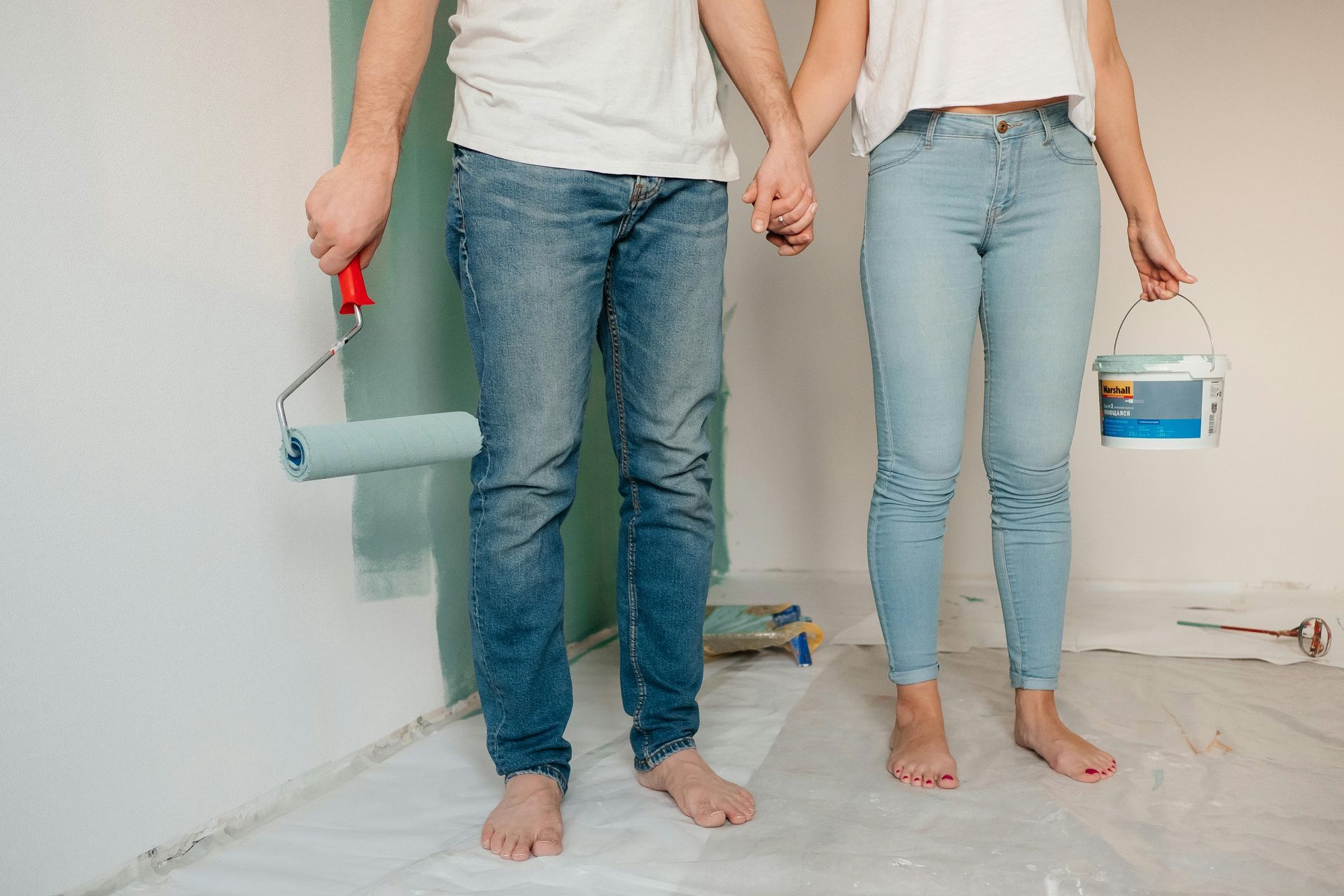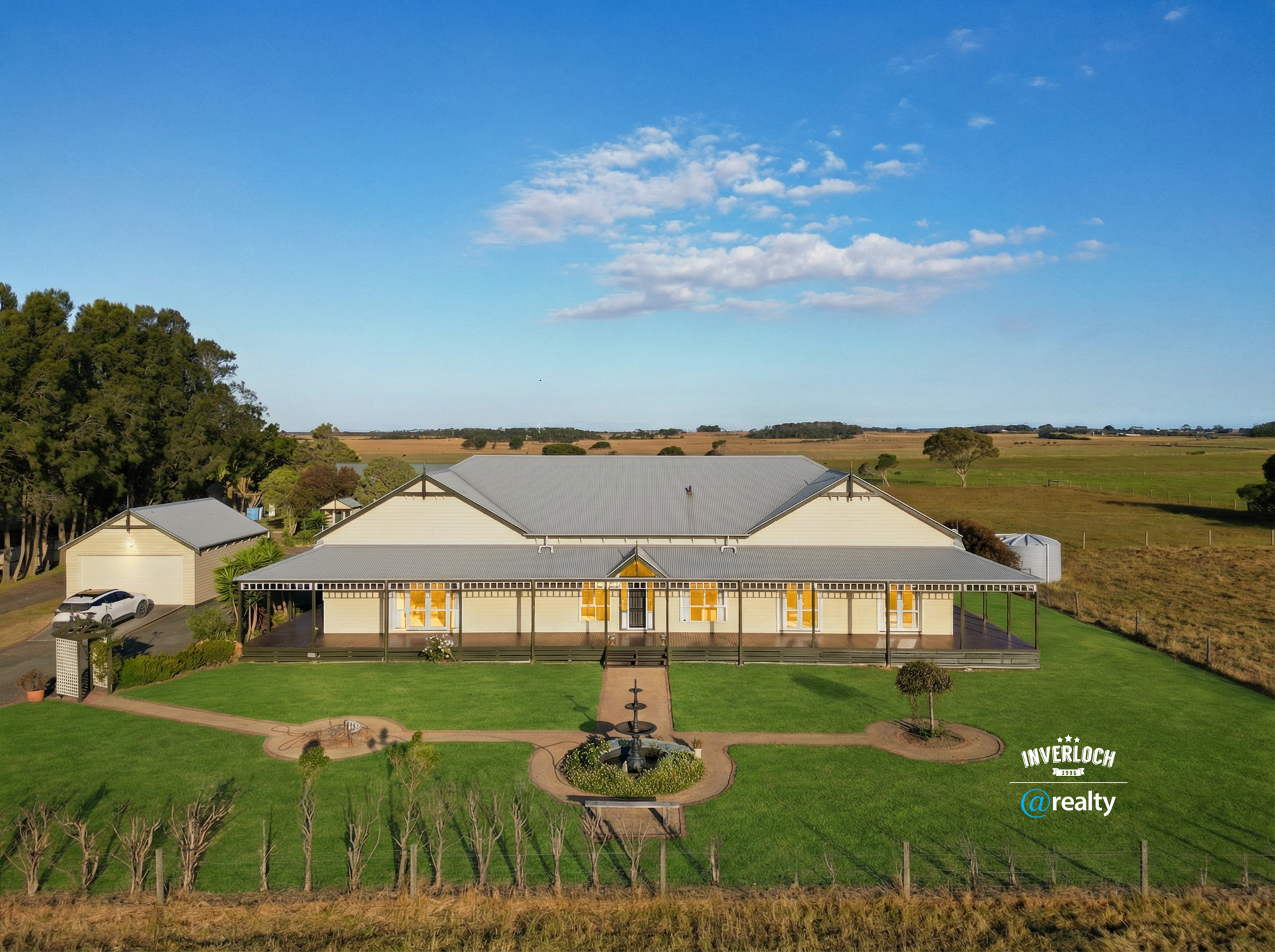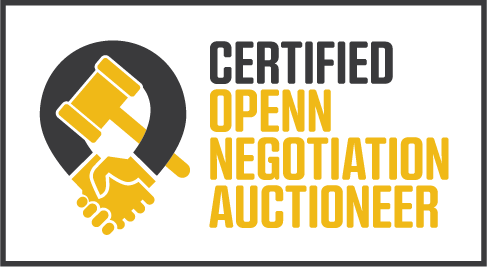Final Inspection Checklist - Our Complete Guide
As settlement approaches, discerning buyers inspect their new home to make sure there are no nasty surprises.

What is a final inspection and do you need one?
Undertaken in the days leading up to settlement is when the new owner(s) tour a purchased property to make sure it's in the same condition as when they signed the contract of sale. These are especially important if the property hasn't been vacant since purchase as it's more likely that there may be additional damage or wear and tear, above what may be reasonable. Remember those settlement periods can be anywhere between 14 and 120 days, although between 30 and 60 is the most common, so the property's condition can change in that time. Check with your conveyancer or solicitor if you're not sure what your settlement period is. Most importantly, this inspection is to make sure that the property is in the same condition as when contracts were exchanged - not better and not worse.
Buyers cannot demand that repairs are made on things that were broken during the first inspection. If however, the property is in a worse condition than when contracts were exchanged – for example, if there's a new hole in the wall, broken window or burst water pipe – you can ask the vendor to make repairs accordingly. If the vendor is doing a settlement at the same time they may be in the process of moving out, so buyers should not expect the property to be completely empty.
When should you do a pre-settlement inspection?
It's best to do this inspection close to when keys are handed over but with enough time (at least a few days) to allow for repairs, if necessary, as it may take time for the necessary work to be done. Legally, each state has different rules regarding pre-settlement inspections. Some, like Victoria, stipulate that buyers are entitled to inspect the property at any reasonable time during the week before settlement; others, like South Australia, stipulate that buyers are only entitled to one if they specifically stated in the contract that the sale was subject to one. However, whichever state you live in, you'll be expected to carry out this inspection at a "reasonable time" during the week before settlement.
Who can inspect the property?
Buyers should undertake the inspection themselves along with a witness, such as the real estate agent, and organise the visit in advance at a time that suits the vendor. It's not legal to turn up without notice and demand entry to a premise that's not yet theirs.
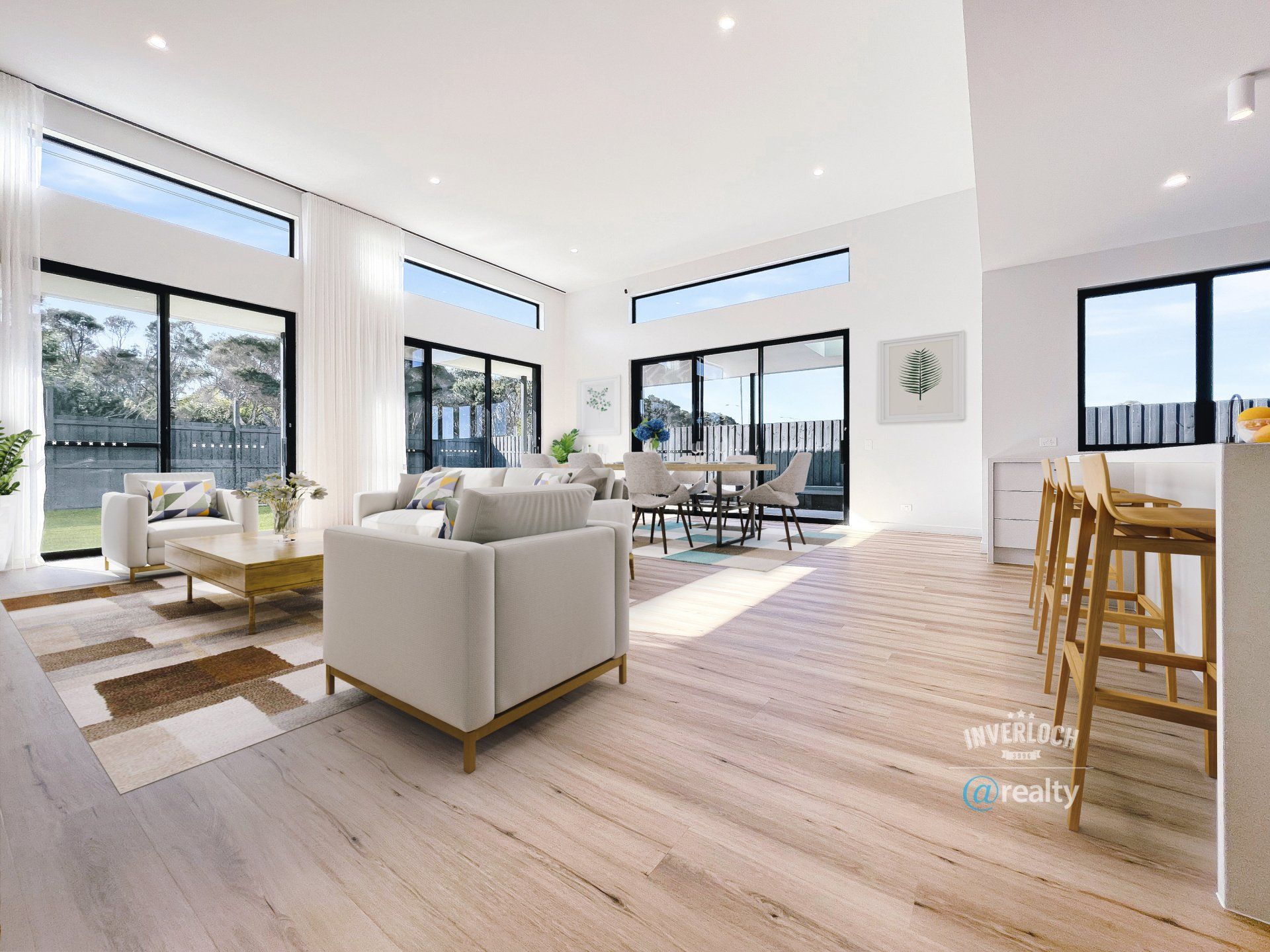
What should be checked during this inspection?
Things to check for during a pre-settlement inspection include:
Lights and electronics
Test each room's light switch to ensure it's working. If it doesn't then be sure to follow up with the vendor to ask why.
Electronics that are attached to the house, such as CCTV, in-room speakers etc should be tested also.
Anything that's not attached, such as TVs and un-attached speakers, will be moved out before settlement.
Plumbing
Turn on each tap and check that it's operating as it was when contracts were exchanged.
Be sure that drains are clear and running free, if that's how they were previously.
Water heaters
Test the water heater by making sure the hot taps and shower(s) are working normally.
Air conditioners and heaters
Be sure that each heater and air conditioner is functioning and has a working remote, if required.
Door handles and locks
Open and close each door to ensure they're in working order.
Exterior door locks should also be functional if they were previously.
Appliances
Appliances such as stoves and dishwashers come as part of the sale as they're considered fixed to the premises.
Other appliances such as fridges, toasters and coffee machines are generally taken away by the vendor on moving day.
Ensure anything that's staying is working as expected.
Curtains and blinds
Blinds and curtains are considered part of the sale so make sure they're working as expected.
If they're dirty or damaged (and they weren't previously) then you can request they be cleaned.
Windows and glass
Ensure all windows and glass isn't newly broken or cracked and that windows that have a lock are working.
Flooring
Ensure that there are no new stains on the carpets or damage to the flooring such as cracked tiles or holes in floorboards.
The vendor isn't under any obligation to steam clean the carpets, as some renters are required to do when they leave, but they should be cleaned to a reasonable level.
Pool and spa filters
Another 'fixed' item, pool appliances should be in working order if they were previously.
Check for pests
Check for evidence of pests such as mice droppings, possum damage etc.
Smoke alarms
Ensure the property has adequate smoke alarms and that they're in working order.
General cleanliness
Ensure that all rubbish has been removed including from sheds, under the house and in cupboards and wardrobes.
The property should still be generally clean, tidy and free of additional damage.
Special conditions
If the conveyancer has negotiated special conditions on the buyer's behalf then you need to be sure that these are met.
These could include the removal of sheds, pest and soil inspection reports, ending tenancy agreements, the inclusion of specific non-fixed items etc. If you're not sure about these then it's best to speak to your conveyancer.
What to bring to a pre-settlement inspection
While it might be fine to turn up empty handed, depending on the complexity of the purchase agreement, buyers may find it handy to turn up with a few items just in case.
Contract of sale
You should bring the contract of sale with you, so that you can make sure the property contains all the items the vendor agreed to leave (inclusions) and is free from all the items the vendor agreed to take away (exclusions).
Camera
Buyers should also come prepared to take photo evidence of anything that needs attention so that they can be formally passed on to the vendor.

What happens if there's a problem?
If you find something is broken or in a worse condition than it was during the first inspection, you should raise it with your conveyancer immediately. They will try to negotiate it as a special condition on the contract, which means the vendor must fix it before settlement.
If it cannot be patched up in time, the sale price can be reduced to cover the cost of repairs. You may be dying to move into your new house, but it's best to stay clear-headed and carry out a pre-settlement inspection to ensure the property is in the same condition as when you first inspected it.
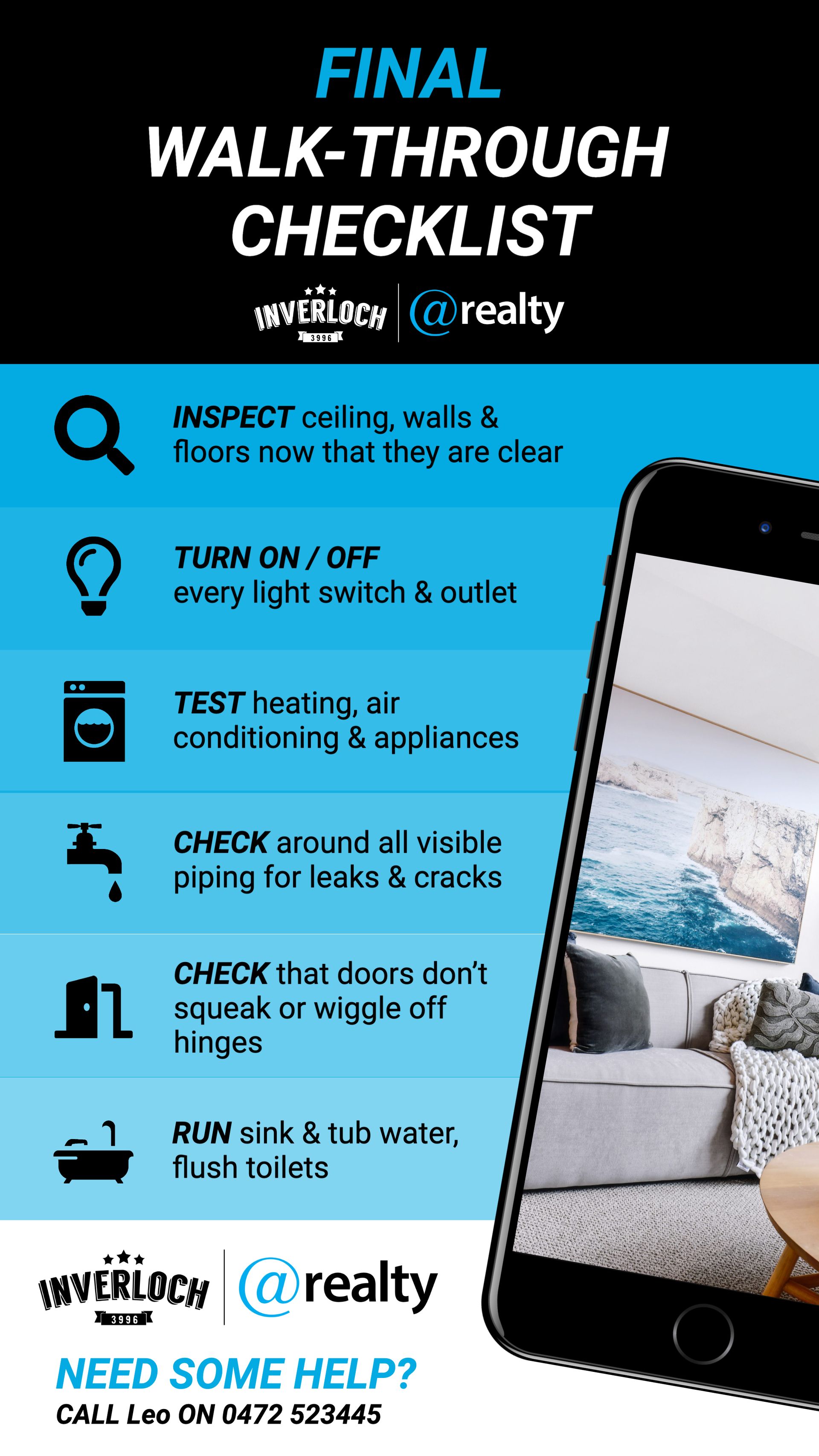
GET INSTANT PROPERTY VALUE
Got Questions? We've Got Answers!


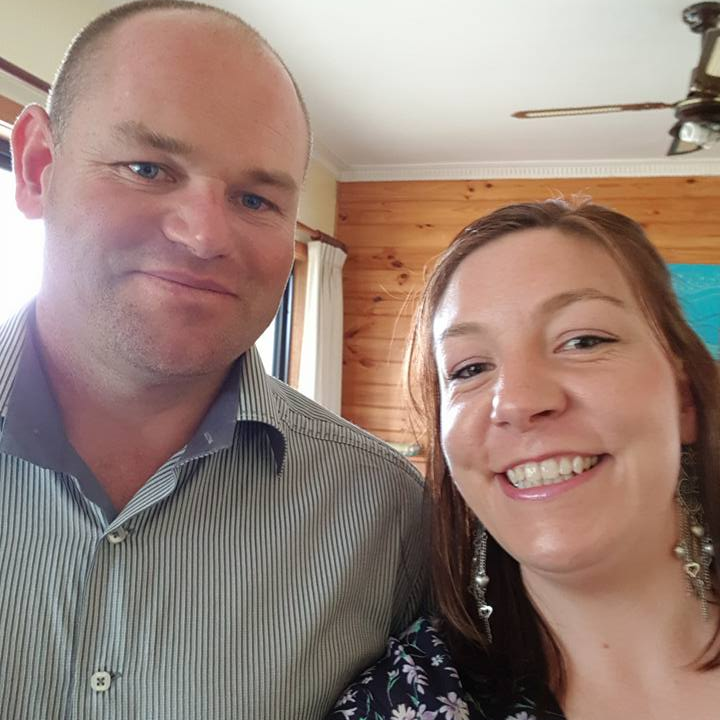
POWERFUL SOCIAL MEDIA ADVERTISING
- Advertise your property to thousands of relevant potential buyers, investors and tenants who you’d otherwise miss.
- Create the best possible conditions for a great price and short sales process.
- Advanced, smart property targeting shows your ads to people identified as:






































































































